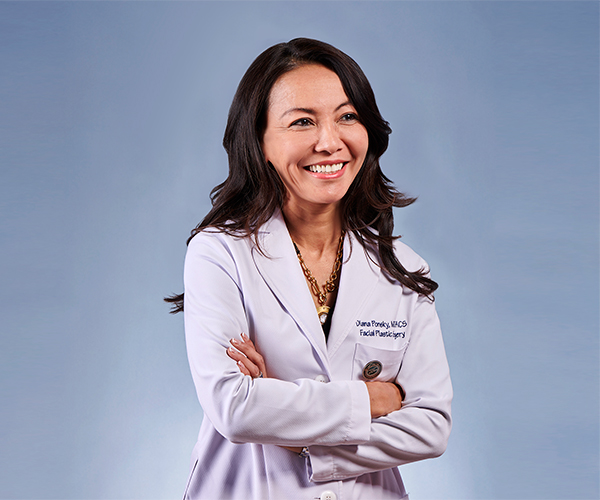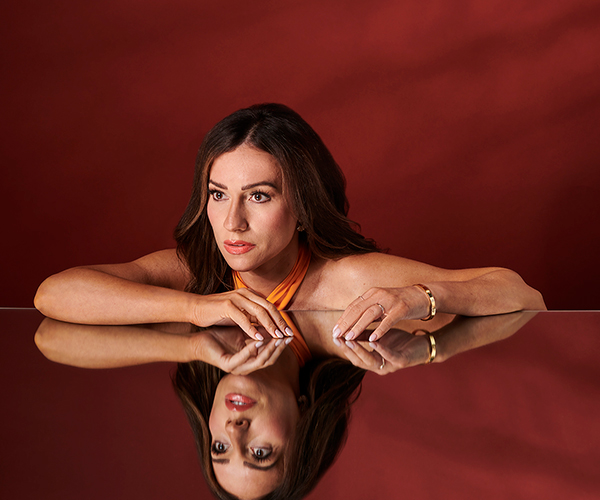While an undergrad at the University of Chicago, Dr. Soon Park watched his sister, only in her late 20s, suffer from end-stage kidney disease that caused her to endure dialysis treatments three days a week until finally receiving a new kidney. That experience got Park hooked on what he calls "the miracle of transplantation." Known for his work on the landmark 2000 clinical trial that found increased survival rates in patients with ventricular assist devices, Park left the Mayo Clinic in October to become University Hospitals' chief of cardiac surgery and co-director of its Harrington Heart and Vascular Institute. The doctor talks to us about his 30-year career focused on finding new therapies to treat failing hearts and the future of heart care.
Q. What has been your primary research interest over your career?
A. Whatever means we can employ to replacing failing hearts is what I'm interested in. When dealing with a bad heart, I look at multiple options: medical therapies, new devices, conventional surgery, ventricular assist devices or transplantation. We think that easily 10,000 to 100,000 people a year need a heart replacement. With limited hearts, transplant is a very good therapy but it helps a very small portion of that population. With VADs, we can improve the quality of life and survival of these patients immensely.
Q. What kind of research have you been involved in to increase the options for heart replacement?
A. At the Mayo Clinic, I was involved in exploring transplants of hearts from genetically modified pigs as a potential organ source for treating patients with heart failure. That's in the basic scientific research phase. I've also been involved in clinical trials testing the latest generation of VADs. They are good therapies for people with dilated cardiomyopathy [oversized heart chambers], but people with restrictive cardiomyopathy [stiff heart chambers] have had very limited options. We're involved in pushing the frontier of VAD therapy into other patient populations.
Q. What most excites you among new innovations in heart care?
A. VADs will improve dramatically over the next five to 10 years. They will be smaller, less bulky and totally implantable [without power cords through the skin]. Current systems last about five to seven years, but the newer generation will probably last 10-plus years. That's an exciting thing.



